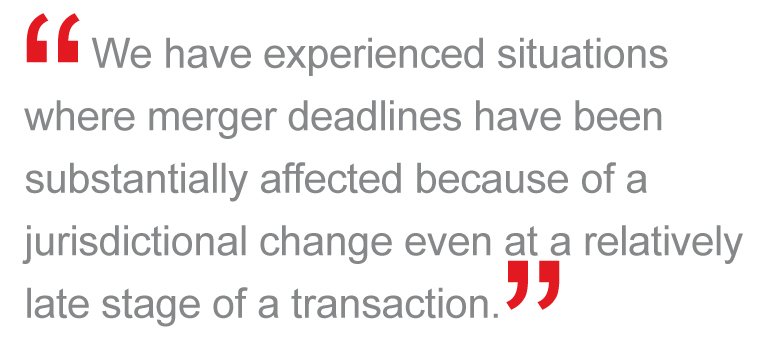Implementing Angola’s new investment framework – F. Castelo Branco & Associados and Eduardo Vera-Cruz Abogados
The enactment of Angola’s Foreign Private Investment Law has significantly altered the incentives available to international investors, says Pedro Guimarães, Partner with F. Castelo Branco & Associados, which operates in Luanda through Eduardo Vera-Cruz Abogados.
“We’re now seeing the first steps being taken after the introduction of the new Law with many clients asking about its practical impact and specifically its interpretation by ANIP – the Angolan Investment Authority.”
Since October 2011, there have been new Guidelines applicable to foreign entities entering into service agreements, which are also having an impact.
“Previously, many businesses looked to avoid, or at least go round, the existing foreign investment regime by effectively entering into business with local Angolan entities. The new regime reduces the ability of companies to do this, although all the rules are not yet fully implemented,” he adds.
Responsibility for regulation and enforcement lies jointly with the Ministry of the Economy and the Angolan National Bank (NAB), but there remains a degree of uncertainty over who exactly has jurisdiction for what, adds João Robles, co-Head of the firm’s Angola practice.
“Businesses therefore want draft agreements that fit within the new legal boundaries even while they often come up against officials who are not even aware of the changes.
There is inevitably a sense of ‘wait and see’ among many investors who want to make sure they get things right.”
Nonetheless, both report continuing interest in areas like oil and gas, construction and infrastructure, and agriculture, as the country looks to reduce reliance on foreign imports.
“The Government knows that if Angola is to move forward it requires foreign expertise and know how, so there are clear incentives for both investors and regulators to get the balance right,” concludes Guimarães.












